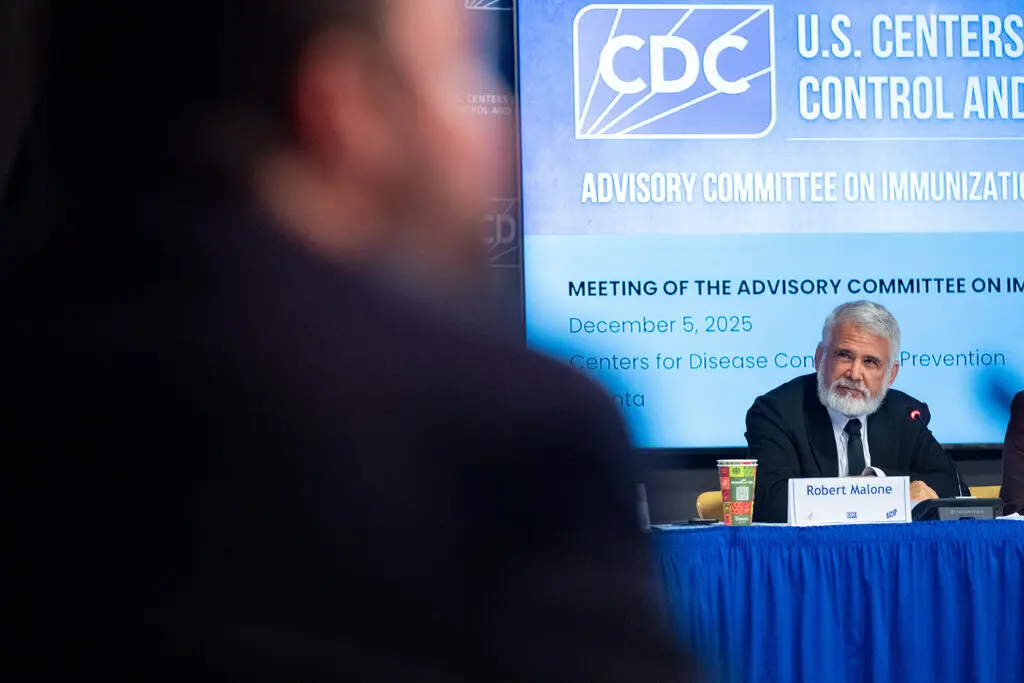In a positive turn for cancer prevention, doctors across the United States are detecting more cases of early-stage colon cancer in adults under 50 — a shift directly linked to updated screening guidelines that now recommend testing to begin at age 45 instead of 50.
Surge in Early Detection
Recent data reveals a significant increase in the number of individuals aged 45 to 49 being diagnosed with colon cancer at its earliest, most treatable stages. Medical experts are crediting this trend to the revised national screening recommendations issued in 2021, which lowered the age threshold in response to a rising number of colorectal cancer cases in younger adults.
The impact has been immediate: among those newly diagnosed in this younger age group, nearly 60% now have early-stage disease. This is a notable improvement from earlier years, when younger patients were more likely to be diagnosed at advanced, harder-to-treat stages.
Why Earlier Detection Matters
Colon cancer, when caught early, is highly treatable. Localized tumors can often be removed with surgery, sometimes eliminating the need for chemotherapy or radiation. The survival rate for early-stage colon cancer is above 90%, according to health experts.
The new trend provides hope that earlier diagnosis can reduce long-term complications and lower the death rate associated with the disease — particularly in younger individuals who were previously less likely to be screened.
Screening Rates Still Lag Behind
Despite the progress, medical professionals remain concerned that screening rates among 45- to 49-year-olds are still too low. Less than 40% of eligible individuals in this age bracket have been screened, according to recent estimates.
Access and awareness remain key barriers. Many adults in this age range may not know they’re eligible, or may not have regular access to a primary care provider who can recommend testing. Those without private insurance or with lower income levels are especially at risk of being left out.
To address these challenges, some health systems are mailing stool-based test kits to patients’ homes, while others are launching education campaigns to raise awareness about the importance of early screening.
An Unclear Rise in Early-Onset Cases
Colon cancer has historically been viewed as a disease affecting older adults, but that perception is changing. The number of cases in adults under 50 has been rising steadily for over two decades. Researchers still don’t fully understand why.
Lifestyle and environmental factors are suspected contributors — including diets low in fiber and high in processed foods, sedentary behavior, obesity, and changes in gut microbiota. However, many young patients have no clear risk factors, and genetic links are often absent.
This makes routine screening even more vital, as symptoms may not appear until the disease has progressed.
Moving Forward
Health officials are urging individuals aged 45 and older to begin regular screenings, even if they feel healthy and show no signs of illness. Options like colonoscopies and non-invasive stool tests are widely available and can save lives through early detection.
In the wake of these findings, the message from the medical community is clear: colon cancer is no longer just an “older person’s disease,” and routine screening could make the difference between life and death.












Leave a Reply